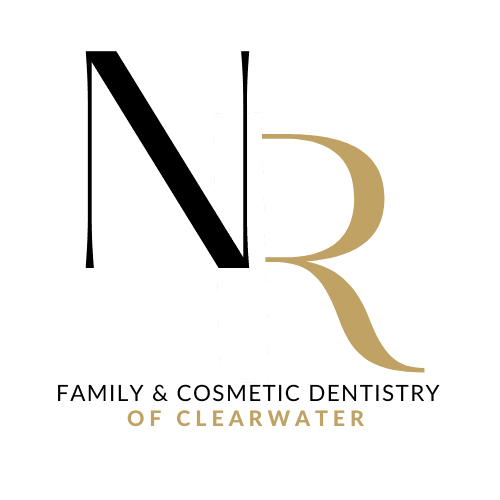Sleep apnea is a common yet serious sleep disorder that affects millions of people worldwide. Characterized by repeated interruptions in breathing during sleep, it can lead to a variety of health problems, including high blood pressure, heart disease, daytime fatigue, and cognitive impairment. While most people associate sleep apnea treatment with CPAP machines and pulmonologists, many are surprised to learn that dentists play a crucial role in managing this condition. In fact, seeing a dentist for sleep apnea could be a life-changing decision.

Understanding the Dental Connection
At first glance, it might not be obvious why a dentist would be involved in treating a breathing disorder. But the connection becomes clearer when you understand how sleep disorders work. The most common form, obstructive sleep apnea (OSA), occurs when the muscles in the throat relax during sleep, causing the airway to collapse or become blocked. Dentists who specialize in sleep medicine are trained to recognize these structural issues and can offer effective, non-invasive treatment options.
Dentists are uniquely positioned to evaluate the anatomy of the mouth, jaw, and airway. They can identify telltale signs of sleep apnea, such as a small airway, recessed jaw, or worn-down teeth from grinding, something many patients and even some general practitioners might overlook. With this specialized insight, dentists can be the first to spot a potential problem and help guide patients toward a proper diagnosis and treatment plan.
Oral Appliance Therapy: A CPAP Alternative
One of the main reasons to see a dentist for OSA treatment is the availability of oral appliance therapy. These custom-made devices are worn during sleep. They work by repositioning the jaw and tongue to keep the airway open. For many patients, oral appliances are a more comfortable and convenient alternative to the traditional CPAP (continuous positive airway pressure) machine.
Unlike CPAP machines, which can be bulky, noisy, and difficult to tolerate for some people, oral appliances are compact, quiet, and easy to travel with. Dentists specially trained in dental sleep medicine can design and fit these devices for maximum comfort and effectiveness. They also monitor the patient’s progress, adjusting the device as needed to ensure optimal results.
Collaboration for Comprehensive Care
Dentists don’t work in isolation when treating sleep apnea. In fact, the best outcomes often come from a collaborative approach involving sleep specialists, primary care doctors, and dentists. If you suspect you have a sleep disorder, your dentist can refer you for a sleep study to confirm the diagnosis. Once diagnosed, they can coordinate with your sleep physician to determine whether an oral appliance is right for you.
This team-based approach ensures that all aspects of your sleep apnea are addressed, from the underlying causes to the most effective form of treatment. Dentists bring a unique skill set to this equation, especially when structural issues in the mouth and jaw are contributing to the problem.
Early Detection Could Save Lives
Another compelling reason to see a dentist for sleep apnea treatment is the potential for early detection. Many people with sleep apnea go undiagnosed for years. They often brush off symptoms like snoring, morning headaches, or chronic fatigue as minor annoyances. However, during a routine dental exam, a dentist trained in sleep apnea detection might notice signs that point to a deeper issue.
Catching sleep apnea early could make a significant difference in your quality of life and overall health. Left untreated, sleep apnea can contribute to serious medical conditions and even shorten your lifespan. By identifying the problem early and offering practical, patient-friendly solutions, dentists can play a vital role in preventing long-term health consequences.
Sleep Apnea Treatment in Clearwater, FL
At Family & Cosmetic Dentistry of Clearwater, we understand the connection between your oral health and overall health. Sleep apnea can contribute to dental conditions, such as bruxism and dry mouth. If CPAP isn’t right for you, oral appliance therapy may be able to help. Contact our office today to schedule a consultation and learn more about your treatment options.
